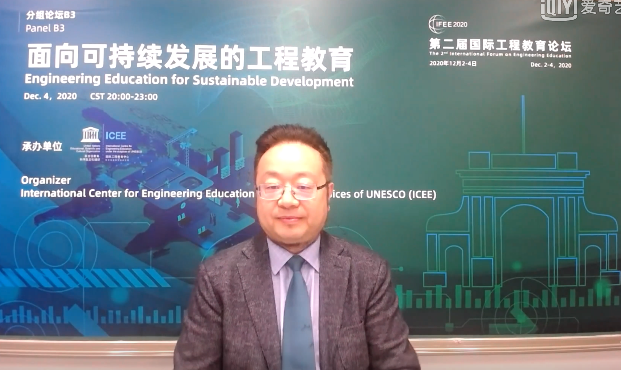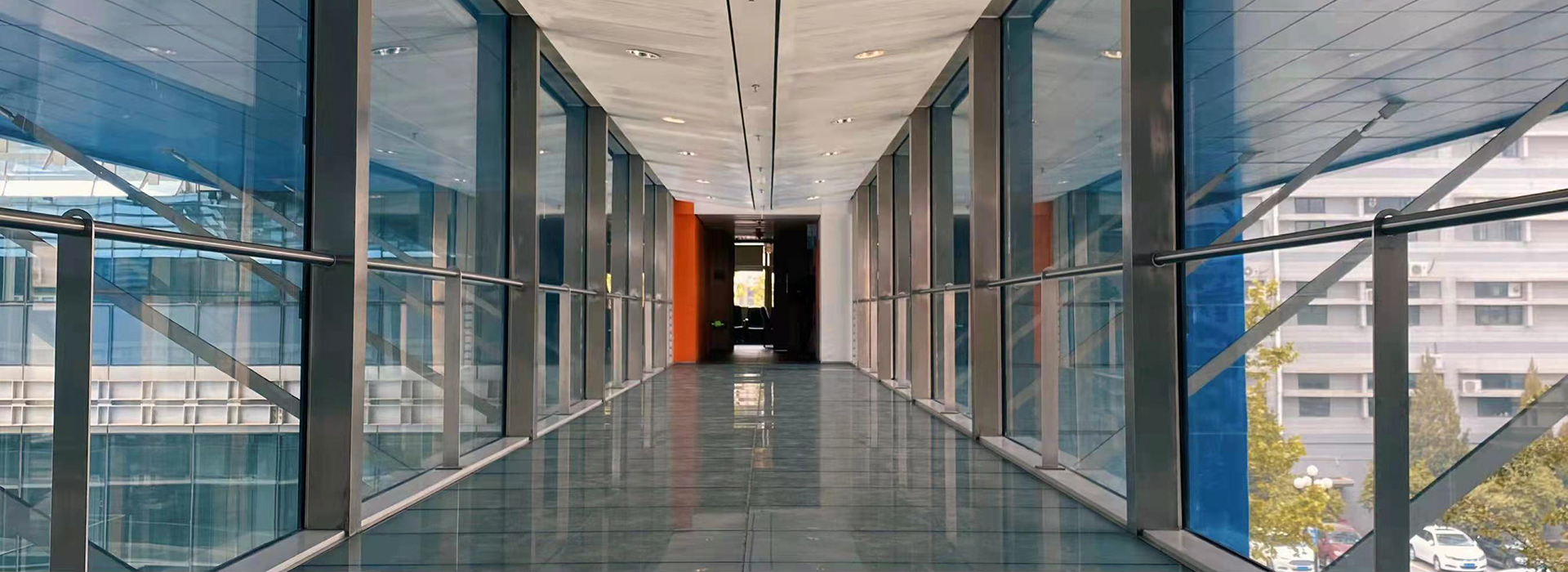Panel A2 of the 2nd International Forum on Engineering Education (IFEE 2020), organized by School of Environment, Tsinghua University, was held on 3 December.Panel A2 of IFEE 2020 “Climate Change and Blue Sky Action”, moderated by WANG Can, Chair of Department of Environmental Planning and Management, School of Environment, mainly focused onthe new requirements for engineering educationand how engineering education should respond to the new demands brought by climate challenges.

Alaa ASHMAWY, Presidentof the International Federation of Engineering Education Societies, who is also Member of the Executive Committee of the Global Engineering Deans Council, shared the practice of Context-based education by which climate changes were integrated into Engineering Curricula.
The implementation of The Action Plan on Prevention and Control of Air Pollution and Blue Sky Defense Battle has marked a strategic transfer from emission control toward quality and health-oriented air quality management in China. Prof. HAO Jimin, Member of CAE and Foreign Member of NAE, maintained that in the China’s 14th Five-year Plan and medium-to-long term strategy, it’s urgent to explore the synergies between low-carbon development and air pollution control at the different stages, and implementation strategy for multiple benefits of addressing the climate change and reaching the air quality standard.
Prof. Anette KOLMOS, Director of Aalborg Centre for Problem Based Learning in Engineering Science & Sustainability, focused in her presentation on ways to understand societal problems and variation in the types of engineering education projects students can work on.
Prof. LI Zheng, Executive Vice President of the Institute of Climate Change and Sustainable Development, who is also the Director of the Laboratory of Low Carbon Energy, Tsinghua University, stressed that climate change is the greatest threats to the sustainable development of humankind. “Energy low carbon transition has become the core topic for fighting climate change, benefitting environment and ultimately realizing sustainability,” he added.
Prof. Norman FORTENBERRY, Executive Directorofthe American Society for Engineering Education,illustrated the challenges and changes modern engineers should actively adapt to and implement strategies to better prepare for.
Prof. Ishwar K. PURI, Canadian Academy of Engineering Fellow, shared the practice of The Pivot at McMaster, a project designed to transform engineering education to meet grand change challenges. “Students are learning to understand and solve grand challenges, such as climate change, and are encouraged to view these complex problems with a multidisciplinary lens,” he said.
IFEE 2020 also featured four panel discussions on the topics: Water Environment and Water Ecology,Technologies and Global Engagement, Climate, Environment and Health, Sustainable Chemical Engineering and the Future, and Engineering Education for Sustainable Development.

The Closing Ceremony of IFEE 2020 was held on 4 December. Forum Chair HE Kebin moderated the ceremony and stated that the mutual trust and shared responsibility of the global engineering education community will play an irreplaceable role for mankind to protect the ecological environment and achieve the United Nations sustainable development goals.





